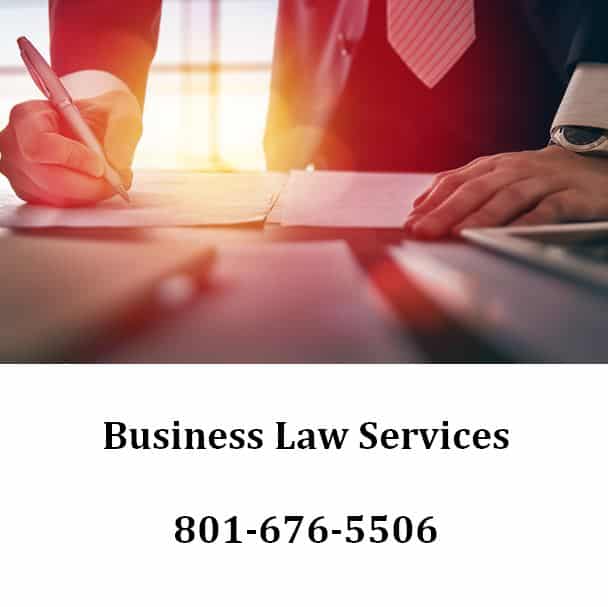

Operating a small business has its rewards but also carries its fair share of liability, including the potential for slip-and-fall lawsuits, claims for defective products, and the negligent acts of employees. All it takes is a single, costly lawsuit to shut a small business down, which is why business owners and their managers need to understand their own liabilities and prepare for them. This section covers a wide variety of topics pertaining to business liability, with articles on how to minimize your legal risks, forms and contracts related to liability, slip-and-fall lawsuits, employer liability for the actions of employees, and more.
Is Your Business Liability for an Employee’s Acts?
Employers can be held responsible for the conduct of their employees even if the employer had no intention to cause harm and played no direct role in the harm experienced. This is because of two basic concepts relating to employer liability. First, employers direct the behavior of their employees and receive the benefit of their efforts when things work out. This notion suggests that negative consequences also “belong” to the employer. Second, employers are most likely able to compensate someone who is injured or harmed. Regardless of the fairness, the legal system wants to identify an arguably responsible party that can make the victim whole and the employer presents the best opportunity to achieve this goal.
Job-related accidents result in liability for employers under the doctrine of “respondeat superior” for the negligence of their workers in the course of their employment. If the employee causes an accident unrelated to the work this does not generally result in liability for the employer, however. If one worker injures another they are compensated under the worker’s compensation rather than a liability lawsuit.
Negligent hiring or retention, unlike job related misconduct, arises from acts performed by an employee outside of their employment. The most common example of this is when an employer hires someone with a criminal record such that their customers are placed at risk. Conducting a background check on employees, especially those in contact with the public, provides some insulation from liability.
Harassment among employees is a growing source of liability for employers. An employer may be held liable for harassment unless they can prove that they exercised reasonable care to prevent and promptly correct any harassment and the employee suffering the harassment unreasonably failed to complain to management or otherwise avoid harm.
Business Owners and Slip-and-Fall Accidents
When someone slips, trips, and falls on someone else’s property and is injured the property owner is often liable on account of “premises liability.” This is particularly so when there is a dangerous condition such as torn carpeting, changes in flooring, poor lighting, a narrow stairwell, or a wet floor. Rain, ice, snow, potholes, and other obstacles may also create a hazard.
There is no precise method for connecting a property-owner with the responsibility for a slip and fall accident, but situations where the owner/possessor created the condition, knew of the condition and negligently failed to correct it, or the condition existed for such a length of time that the owner/possessor should have known of and corrected the condition prior to the accident would result in liability.
Free Consultation with a Business Lawyer
When you need legal help for your business, call Ascent Law for your free consultation (801) 676-5506. We want to help you.
8833 S. Redwood Road, Suite C
West Jordan, Utah
84088 United States
Telephone: (801) 676-5506
Recent Posts
Question of Liability in a No Fault Auto Car Insurance State
Moving and Relocation After Divorce

